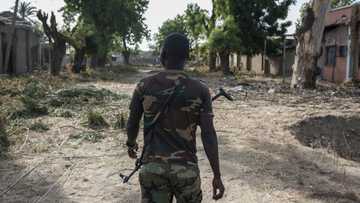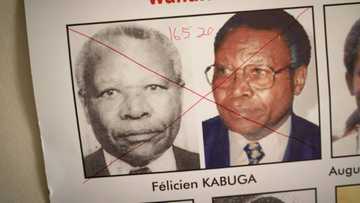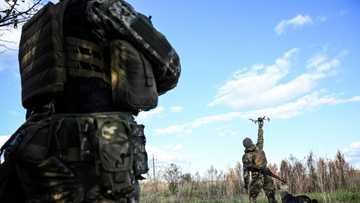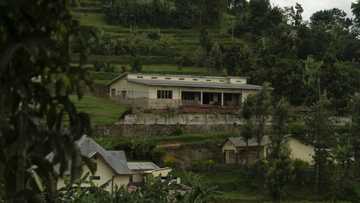Life returns to Mozambique port city after bloody jihadist rule

Source: AFP
PAY ATTENTION: Click “See First” under the “Following” tab to see Briefly News on your News Feed!
A year after jihadist militants were driven out of Mocimboa da Praia, the port city in northern Mozambique is slowly coming back to life.
Children play among piles of scrap metal, damaged buildings and charred vehicles that litter the streets.
Fishermen pull manta rays and colourful fish out of the turquoise waters of the Indian Ocean, as dhows come and go from the city's sandy beach.
"We have security here in Mocimboa, but I'm still waiting to be able to return to my village, we need the soldiers to escort us," Abdallah, a fisherman, who did not give his full name, tells AFP.
In October 2017, about 30 armed men launched a dawn raid on police stations in Mocimboa da Praia -- marking the start of an Islamist insurgency in the northern Cabo Delgado province, which monitoring groups say has since claimed more than 4,000 lives.
Jihadists affiliated to the Islamic State have raided towns and villages uprooting hundreds of thousands of people.
PAY ATTENTION: Follow us on Instagram - get the most important news directly in your favourite app!
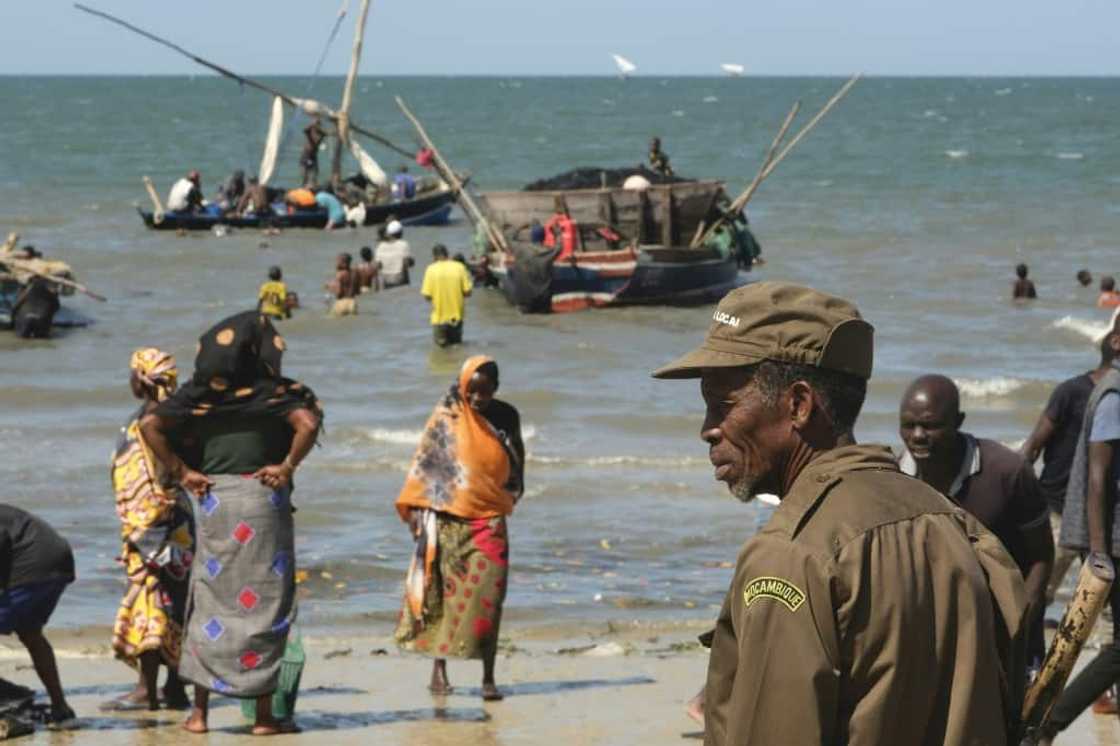
Source: AFP
In 2020, the group known locally as al-Shabab -- though with no links to the Somali militants of a similar name -- seized Mocimboa da Praia, and made it its main base.
A year later, Rwandan troops deployed in support of Mozambican forces wrestled back control of the city, where an air of normality has since returned.
Vehicles are a rare sight on the surrounding roads, but around 130,000 people have come back to their homes in Mocimboa and the neighbouring Palma district, according to the Rwandan army.
They live among ruins left behind by the fighting, waiting for humanitarian aid, which is slow in coming.
"Most people don't have jobs and we haven't received any help from the government," says Abdallah, the fisherman.
Forces from Rwanda and other African countries have helped Mozambique retake control of much of Cabo Delgado,and the jihadists have started to stage incursions further south.
This week, police said 16 militants were killed during an operation in the Quissanga district.
'They cut off heads'
In Mocimboa, a stone's throw from a market where few stalls are open, a football match between a local team and Rwandan soldiers draws a few hundred spectators.

Source: AFP
The crowd pours onto the pitch in celebration when a local player opens the score, while local women in traditional capulana dresses sing and dance.
Among them is Lucia Da Silva. A charity worker for an international NGO, she was doing relatively well before her life was smashed by the insurgency.
"I will talk to you if you give me a hundred metical ($1.5)," she quips bursting into laughter.
The northern province of Cabo Delgado is the only part of Mozambique with a Muslim majority.
The largest gas deposits ever found south of the Sahara were discovered here in 2010, in what is one of the world's poorest regions.
But fighting has hampered development.
Sporting a head full of long braids wrapped under a scarf, a nose piercing and a leopard dress, Da Silva's mood darkens when she recalls the events of the past two years.
"Here, there were 40, 50 dead... police officers, old people," she says pointing to a vacant lot, while walking through the debris-strewn streets of her Unitade neighbourhood.

Source: AFP
"They came while we were sleeping. Some were Tanzanians, they said: 'Kill! Kill'. We were terrified. They ordered us to leave within two weeks, but we had no family elsewhere, so we stayed.
"Then these bandits started killing. They cut off heads. They attacked churches, mosques," she says.
Her four-bedroom house has been razed to the ground. All that remains are the foundations, a tarp thrown over wooden stakes and a burnt-out pickup truck.
"I was cooking for the kids when they came. Three times they asked us to open. They said: 'We're going to burn the house down'. I ended up opening," she says.
"One of them came into the room and took the children away. They said they would take good care of them. I managed to escape, they set fire to the mosquito nets with gasoline, and everything went up in flames".
Thousands of children have been torn from their families by the jihadists.
"I have no news," sighs Da Silva.
PAY ATTENTION: Сheck out news that is picked exactly for YOU ➡️ find the “Recommended for you” block on the home page and enjoy!
Source: AFP

